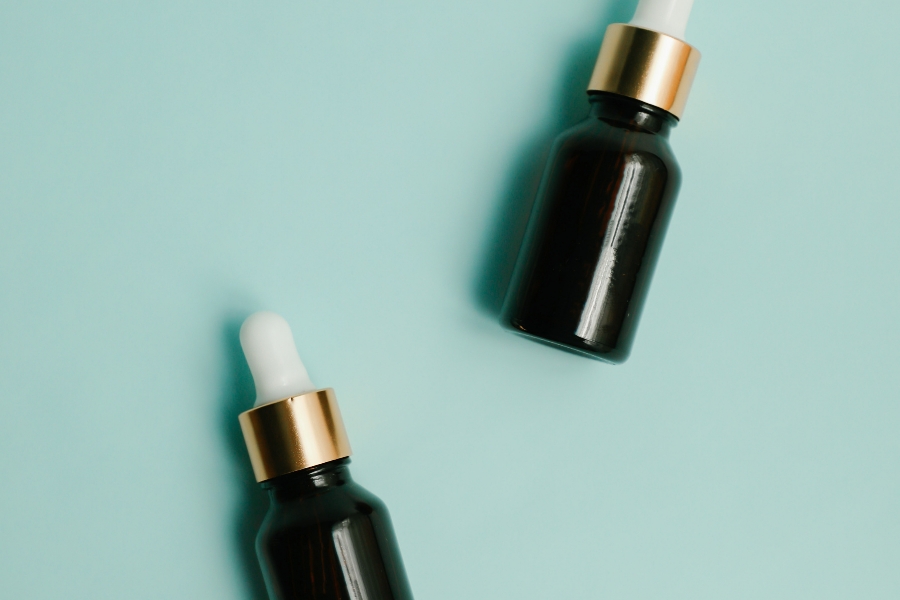
Written by Rachelle Dupree In recent years, a new player in the antiaging game has come onto the field and is growing in popularity –bakuchiol. Bakuchiol is a natural chemical compound extracted from the seeds of the bakuchi plant (psoralea corylifolia) and has been used in Ayurveda and traditional Chinese medicine for centuries. It was first introduced for commercial use in topical applications around 2007 and recent research proves it to be a gentler alternative to the harsh vitamin A-derived retinols. Retinols have been around since the late 1940s and can be found in numerous over-the-counter skin care products. The most concentrated version (also known as Retin-A or tretinoin) is available by prescription only. Retinols have historically been prescribed by dermatologists to treat inflammatory acne, scarring, hyperpigmentation, and wrinkles. It works primarily by sloughing off the top layer of skin, speeding up cellular turnover rates, rapidly exfoliating the skin, and decreasing the build-up of dead cells within the follicle.Retinol can also be irritating to the skin, causing major side effects like irritation, peeling, redness, dryness, sun sensitivity, and can be difficult for those with sensitive skin to use. On the other hand, bakuchiol provides a more natural and effective solution to traditional retinols.Bakuchiol was shown to possess antioxidant, anti-inflammatory, and antibacterial properties just like retinoids and was also found to be more stable than retinol. This makes it a great natural alternative to retinol, especially for those with sensitive skin conditions such as eczema or psoriasis. Since 2013,numerous dermatological studies have been conducted comparing bakuchiol’s ability to mimic benefits of retinol and repeatedly found equivalent results to retinolperformance. This has helped fuel a popularity boom for the new compound. In 2018, the “British Journal of Dermatology” published a randomized, double-blind, 12-week clinical study with 44 volunteers, which found bakuchiol to be comparable with retinol in its ability to improve photo-aging (wrinkles and hyperpigmentation) but with fewer negative skin reactions. Another bonus to using bakuchiol over retinoids is the ability to incorporate it into one’s skincare routine at any time of day. Traditional retinoids can cause the skin to become photosensitive and prone to sun damage, so they are typically recommended only for use as a nighttime treatment. A variety of products can now be found on the market containing bakuchiol in varying levels of concentrations. For those who want the benefits of both retinol and bakuchiol, there are a few combination treatments available as well. Published in Fact or Fiction, Dermascope Magazine Online: April, 2021. https://www.dermascope.com/fact-or-fiction/13117-is-bakuchiol-better-than-retinol
Read More